About the programme
A long-term study of UK households’ financial lives
In spring 2023, Nest Insight, the Centre for Personal Financial Wellbeing at Aston University, and the Yunus Centre for Social Business and Health at Glasgow Caledonian University launched the Real Accounts project. Believed to be the first study of its kind in the UK, this new research programme builds an in-depth understanding of the lived experience of financial uncertainty among low to moderate income (LMI) households across the country.
In contrast with the snap-shot data achieved by annual surveys, this long-term study provides a fully joined-up view of household finances, capturing the day-to-day, week-to-week ups and downs, and working with households to understand the situations they face and the strategies they use to manage their money. The project used a research data collection app, custom designed by Moneyhub, to capture real-time income and expenditure transaction data over 3-10 months for a sample of 51 LMI households, combined with monthly qualitative interviewing. We are in the process of publishing the findings widely and freely to help inform policy and market innovation and debate.
This project was supported by the Aviva Foundation, as part of its focus on helping people and communities feel in control and positive about their financial futures, and by Fair4All Finance, serving their mission to transform the system so that everyone has access to the right products and services, whenever they need them.
If you’d like to find out more about how your organisation can get involved, please contact Sope Otulana, Head of Research: sope.otulana@nestcorporation.org.uk
About our programme partners
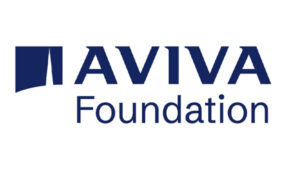
The Aviva Foundation aims to help people and communities feel in control and positive about their financial futures. Millions in the UK are struggling and worried about money. The cost-of-living crisis has only added to the stress for those already living on an economic knife-edge. The Foundation funds organisations working on new ways to help people prevent and prepare for financial challenges, or deal with and recover from financial setbacks. Its ambition is to tackle difficult problems in new ways. The Foundation gives organisations the support and stability they need so they can use their expertise to innovate and transform the lives of those who need it the most. For more information, visit: aviva.com/sustainability/aviva-foundation/
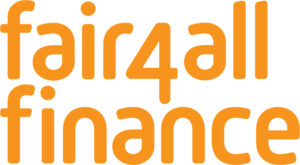
Fair4All Finance is a non-profit working to make the financial services system fairer for everyone. They exist to transform the system so that everyone has access to the right products and services, whenever they need them. Their funding comes from the Dormant Assets Scheme which makes it possible for money from forgotten bank accounts to be used to help good causes. For more information, visit: fair4allfinance.org.uk/about-us/
 The Money and Pensions Service (MaPS) vision is ‘everyone making the most of their money and pensions’. MaPS is an arm’s-length body committed to providing access to the information and guidance people across the UK need to make effective financial decisions over their lifetimes. For more information, visit maps.org.uk
The Money and Pensions Service (MaPS) vision is ‘everyone making the most of their money and pensions’. MaPS is an arm’s-length body committed to providing access to the information and guidance people across the UK need to make effective financial decisions over their lifetimes. For more information, visit maps.org.uk
About our research and delivery partners

The Centre for Personal Financial Wellbeing at Aston University is an interdisciplinary, academic, research centre that seeks to get to the heart of the causes and consequences of personal and household financial insecurity. It focuses on providing accessible and timely insights to support a wide range of leaders and decision makers including those in the financial service industry, third sector organisations, academics as well as the general public. For more information, visit: aston.ac.uk/cpfw

Glasgow Caledonian University (GCU) is working, through research and education, on shaping society, influencing governments and transforming people’s lives around the world. GCU is delivering world-leading research with outstanding impact, as evidenced by the results from the latest UK Research Excellence Framework in which 91% of their health research was formally classified as world-leading or internationally excellent, and more than 80% as outstanding for its impact, a result surpassed by only one other university in the UK. The Yunus Centre for Social Business and Health, where the GCU members of the Real Accounts research team are based, conducts world-leading research to conceptualise and evidence ways that lives of individuals and communities can be improved through a better understanding of various community-based and health-focused initiatives. Since 2014, the Centre conducts financial diaries research in the UK through their FinWell programme of work supported by prestigious funders (Chief Scientist Office, Economic and Social Research Council, and Guy’s and Saint Thomas’ Charity), experienced collaborators and extended policy networks. The research team now also includes GCU’s WiSE Centre for Economic Justice, experienced on gendered intrahousehold financial management. For more information, visit: gcu.ac.uk

Moneyhub works with clients to improve the financial wellness of people. Hundreds of companies use its award winning Open Banking and Open Finance technology to understand their customers better through data. With Moneyhub, businesses can deliver more suitable products,comply with Consumer Duty, and automate money management or payments to increase consumers’ capacity to spend, save or invest more. To give the gift of financial wellness, and reap the rewards, visit www.moneyhub.com.




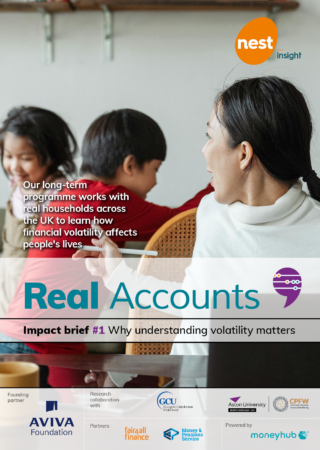
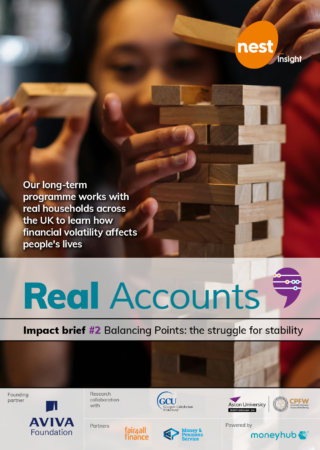
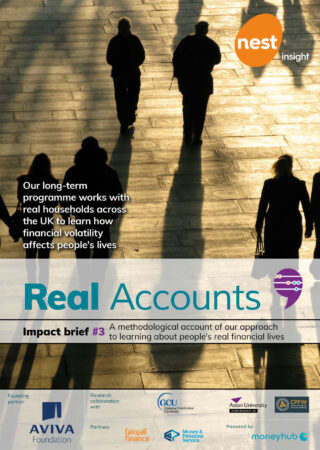



 The Money and Pensions Service (MaPS) vision is ‘everyone making the most of their money and pensions’. MaPS is an arm’s-length body committed to providing access to the information and guidance people across the UK need to make effective financial decisions over their lifetimes. For more information, visit
The Money and Pensions Service (MaPS) vision is ‘everyone making the most of their money and pensions’. MaPS is an arm’s-length body committed to providing access to the information and guidance people across the UK need to make effective financial decisions over their lifetimes. For more information, visit 

